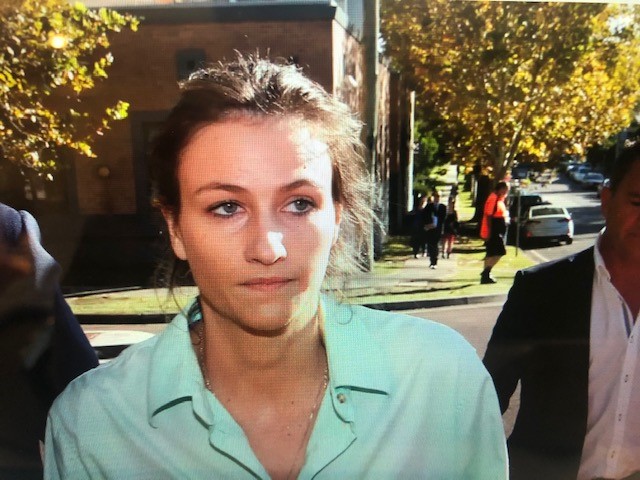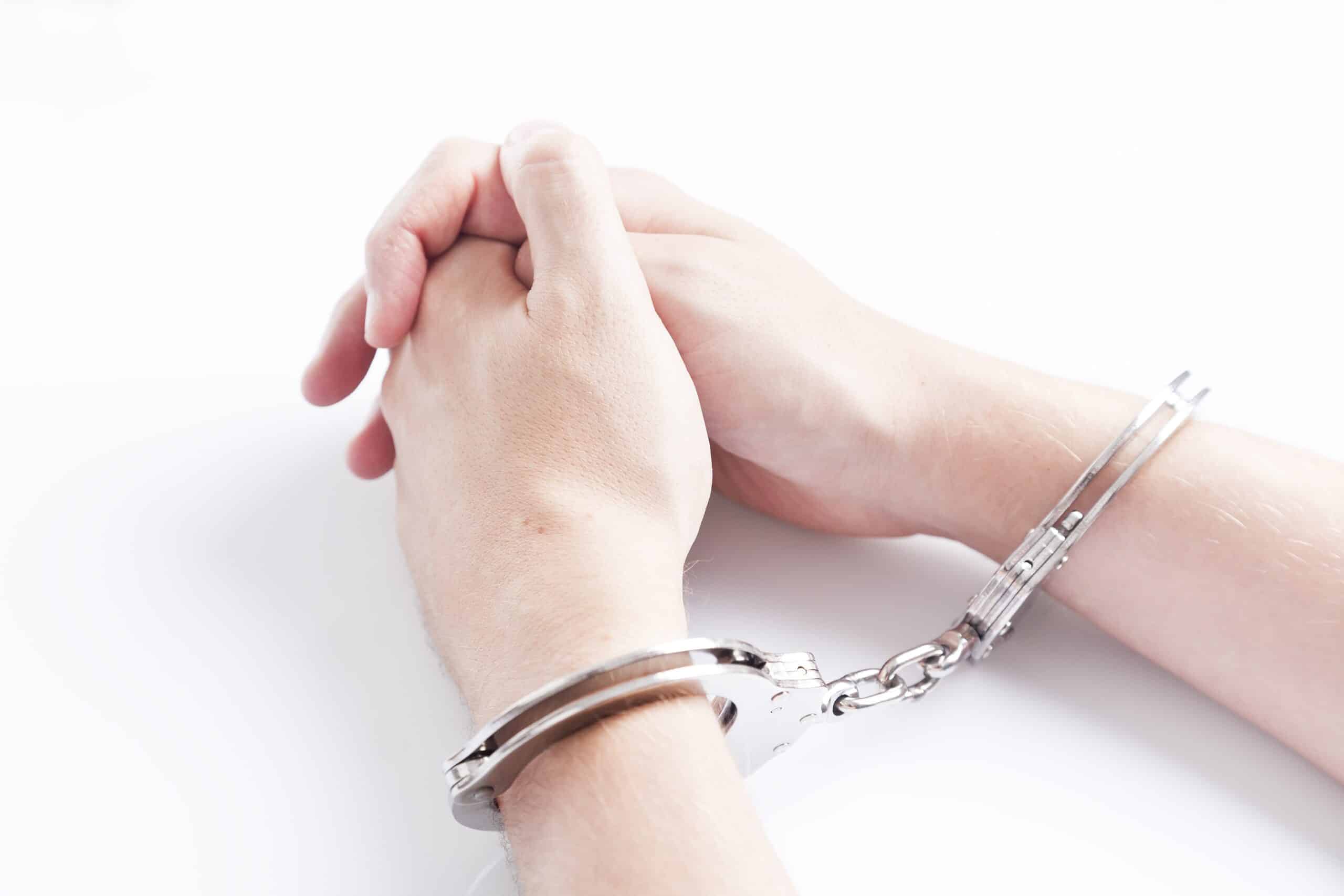Share This Article
Harriet Wran, aged 30, is the daughter of former NSW premier Neville Wran.
Nearly 3-years after she was released from jail, she has pleaded guilty to drug possession, having goods in custody and failing to display her P-Plate at the Wyong Local Court on Wednesday 3 April.
On 27 February, she was stopped by police at about 1:30am at a service station in North Wyong. As police approached the stopped vehicle, it is reported that a male who was a passenger ran away.
It’s reported that following a police search of the stopped vehicle, police located and seized a number of items which are now subject to the criminal charges before the court.
Police found an iPad, watch, 3 mobile phones, 6 laptops, credit and debit cards, unopened mail, academic transcripts and Medicare card belonging to others.
Also discovered in the car by police are a small quantity of crystal methamphetamine, commonly known as “ice”.
In total, police found and seized 32 items from inside that vehicle. It is alleged that each of those items have been stolen.
She was released from the Silverwater Correctional Centre in September of 2016 after being convicted for her part as an accessory to murder and robbery of a small Sydney drug dealer in 2014. For that offence, she was sentenced to Full-Time Imprisonment of 4-years.
After being arrested and charged with these new offences, Wran was granted bail to be released back into the community on the condition that she comply with certain conditions. Upon her appearance at the Wyong Local Court on Wednesday, the court accepted her plea of guilty and continued her bail with strict bail conditions.
Those bail conditions require that she continue to reside at the family’s farm in Ravensdale, not to leave that residence between the hours of 8pm – 6am unless accompanied by her mother.
The prosecution is reported saying that “some of this property has been proved to have come from various break and enters recently.”
She is next due to appear in court on 15 May.
What are the Penalties for Possessing Drugs in NSW?
You cannot be guilty of possessing drugs if you didn’t know it was there.
“Possession” or to “possess” something under the law is where you knowingly have the physical custody or control of something, to the exclusion of others (not acting in concert).
In order to be found guilty for the possession of prohibited drugs in NSW, the prosecution is required to prove each of the following elements beyond reasonable doubt:
- That the item is in fact a ‘prohibited drug’; and
- You had the control or physical custody of the substance; and
- You were aware that there was a real chance that it was there; and
- You were aware that there was a real chance that it was a prohibited drug or narcotic drug.
Anyone guilty of possessing prohibited drugs will face a penalty of up to 2-year imprisonment and/or a fine of up to $2,200 pursuant to section 10(1) Drug Misuse and Trafficking Act 1985 (NSW) and section 21 Drug Misuse and Trafficking Act 1985 (NSW).
Some defences to a drug possession charge includes, the discovery of drugs following an illegal search or arrest, failure of the prosecution to prove you knew that it was a prohibited drug or that it was there, the drug is of a minute trace, or where you had possession of the drug due to a necessity or duress.
What Happens if Drugs are Found in a Car Shared by Other People?
In circumstances where there is no one caught red-handed with a prohibited drug in his/her physical possession by police, what happens if police find drugs in a shared area, like a vehicle or common shared area in a house?
The prosecution will then be required to prove beyond reasonable doubt that you knowingly had the exclusive control of that drug to the exclusion of others not acting in concert. To do this the prosecution will be required to exclude any reasonable possibility that someone other than you (not acting in concert) knowingly had control of the prohibited drug found.
Where a person is caught possessing the ‘traffickable quantity’ of a prohibited drug, that person can then be assumed under the law to have had it in his/her possession for the purposes of supplying it. This can then lead to a charge of deemed drug supply. This is reflected under section 29 Drug Misuse and Trafficking Act 1985 (NSW).
For example, the ‘traffickable quantity’ is 3 grams for methylamphetamine, cocaine or heroin.
The ‘traffickable quantity’ for MDMA/ecstasy is 0.75 grams.
Have a question?
We offer a free first consultation with fixed fees for most cases.
We are also available 24/7 with experienced drug lawyers in Newcastle, Parramatta and 6 other conveniently located offices.









